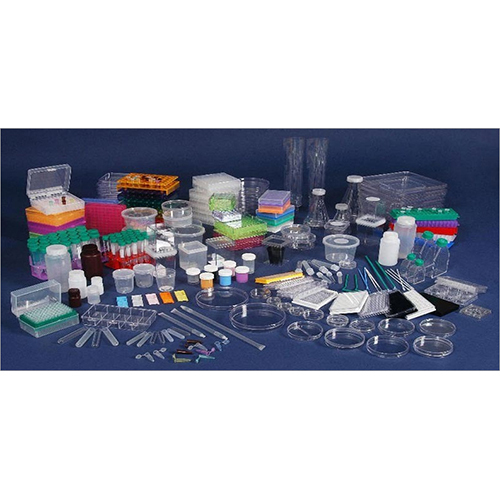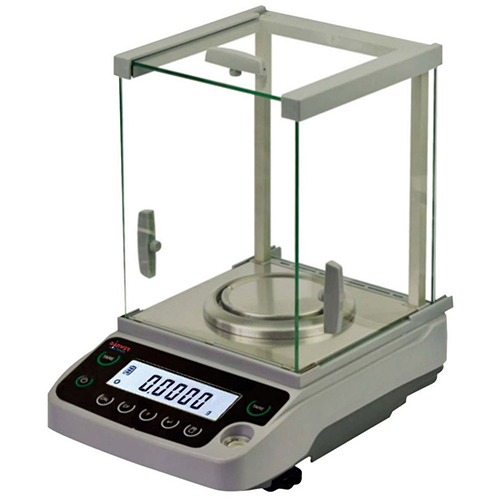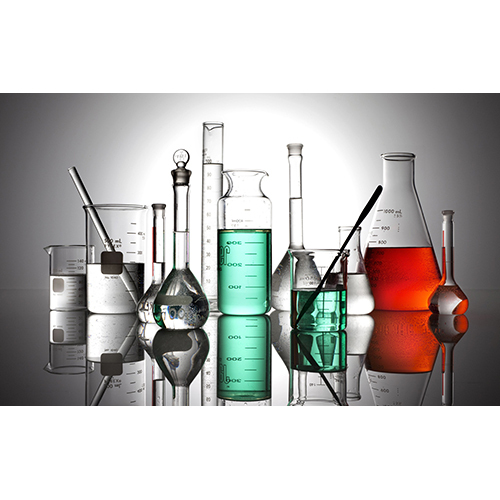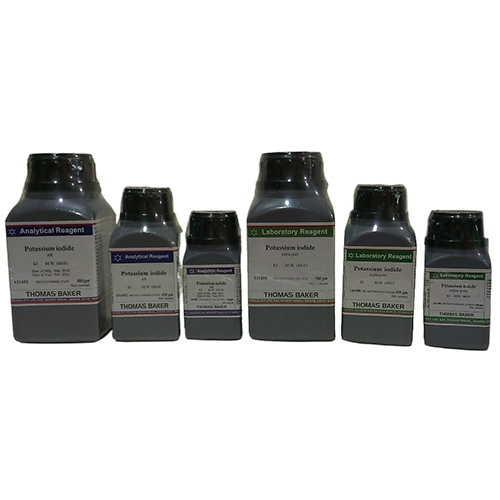Have a question ?
07971190840
Labortary Plastic Wares
Product Details:
- Feature High Quality
- Material Plastic
- Warranty Yes
- Usage Industrial, Lab
- Weight Differ as per size Grams (g)
- Click to view more
Labortary Plastic Wares Price And Quantity
- 100 Unit
Labortary Plastic Wares Product Specifications
- Differ as per size Grams (g)
- Yes
- Industrial, Lab
- High Quality
- Plastic
Labortary Plastic Wares Trade Information
- Cash in Advance (CID)
- 5000 Unit Per Month
- 7 Days
- All India
Product Description
Laboratory plastic wares are key tools used for handling, storing, and transferring biological and chemical samples in all types of educational, research, and industrial laboratories. Some examples include beakers, test tubes, funnels, pipette tips, reagent bottles, and measuring cylinders. Plastic wares made from high-quality plastics such as polypropylene, polycarbonate, or polyethylene provide a lightweight, durable, chemical-resistant, economically viable alternative to glass laboratory tools. Plastic wares offer a safe and effective alternative to cumbersome glass laboratory tools most of the time. For basic laboratory work, plastic wares, by design, prevent accidents from occurring by being shatterproof, easy to use, easy to transport, and compatible with almost all chemical substances involved in laboratory processes. Many types of plastic wares are also autoclavable, so they can be reused over and over again without contamination. Plastic wares are used and relied upon in many laboratories for mixing solutions, storing samples, and measuring samples to the highest and most accurate volume. Laboratory plastic wares are frequently used in everyday laboratory functions for safety, and more importantly, usability. Plastic wares have been manufactured in many varieties of shapes and sizes in recent years in order to meet the ever-changing needs of laboratories regarding modification, and to accommodate the demand for procedures that require plastic wares rather than glass wares due to efficiencies and the reduced risk of breakage that plastic wares incur.
FAQs:
1. What are laboratory plastic wares used for?
Laboratory plastic wares serve the same purposes as glassware: handling, estimating volume, storing, and transferring chemicals, solutions, or biological specimens. In many instances, the preferred wood is to use plastic lab wares instead of glass lab wares, especially during routine laboratory practices and educational settings, because plastic wares have similar or better durability, greater reactivity, lower thermal conductivity, and relative ease of use.
2. Are plastic lab wares safe for chemical use?
Yes, most laboratory plastic wares are made from materials that exhibit good chemical resistance to a variety of products, such as polypropylene or HDPE (High Density Polyethylene). You should still review the compatibility charts for any known good degradable reactions or potential reactions with known aggressive chemicals.
3. Can laboratory plastic wares be autoclaved?
Many plastic lab wares, specifically those made of polypropylene or polycarbonate, are autoclaveable and fully able to withstand sterilization at high temperatures. However, you should always be aware of the plastic type you are using, understand the appropriate temperature limits, and make sure you do not warp the plastic or destroy the integrity of the ware itself.
4. How do plastic wares compare to glassware in labs?
Plastic wares, in general, are lighter, stronger, and less expensive than glass laboratory wares. This makes plastic a generally preferable option in educational settings or when collecting field data. In most situations, glass laboratory wares are preferred, but when you need a high-precision volume measurement or when the reaction requires heat, then glass is generally preferable as glass has less thermal resistance and different thermal stability.
5. Are laboratory plastic wares reusable?
Yes, many types of laboratory plasticware can be reused if adequately cleaned and sterilized after each use. Quality plastics can handle multiple washes and autoclaving, but users need to be conscious of scratches on plasticware and accumulation of chemical residues that could affect observations in any future experiment.

Price:
- 50
- 100
- 200
- 250
- 500
- 1000+






 Call Me Free
Call Me Free
 English
English Spanish
Spanish French
French German
German Italian
Italian Chinese (Simplified)
Chinese (Simplified) Japanese
Japanese Korean
Korean Arabic
Arabic Portuguese
Portuguese